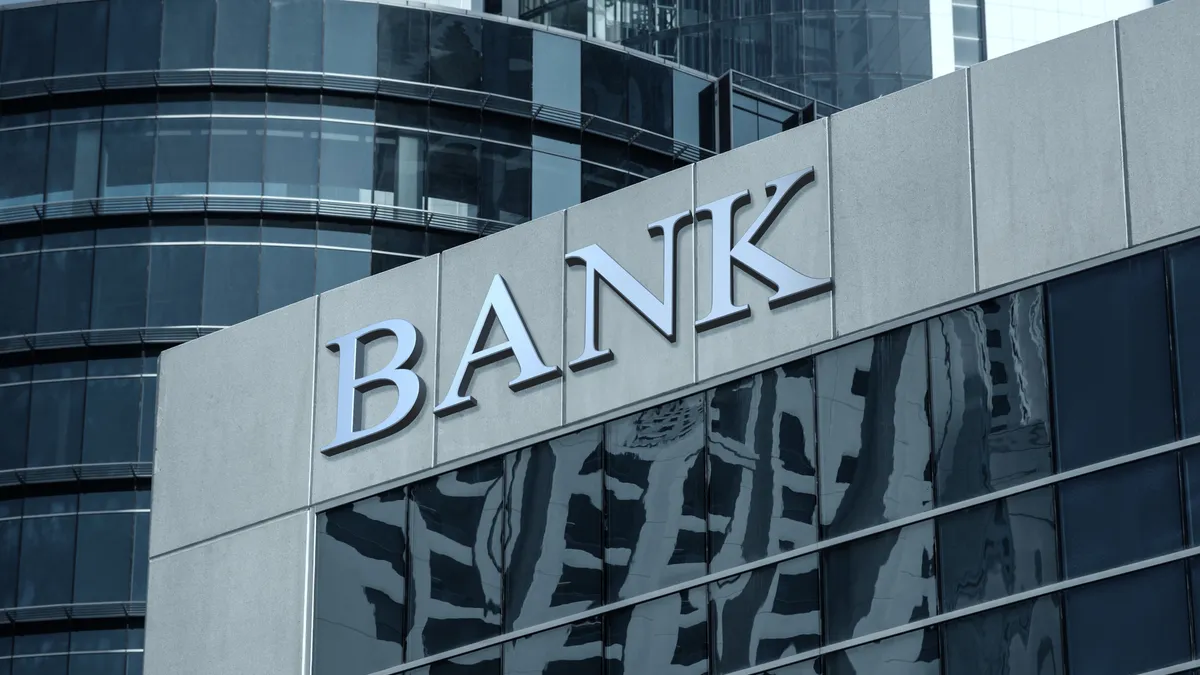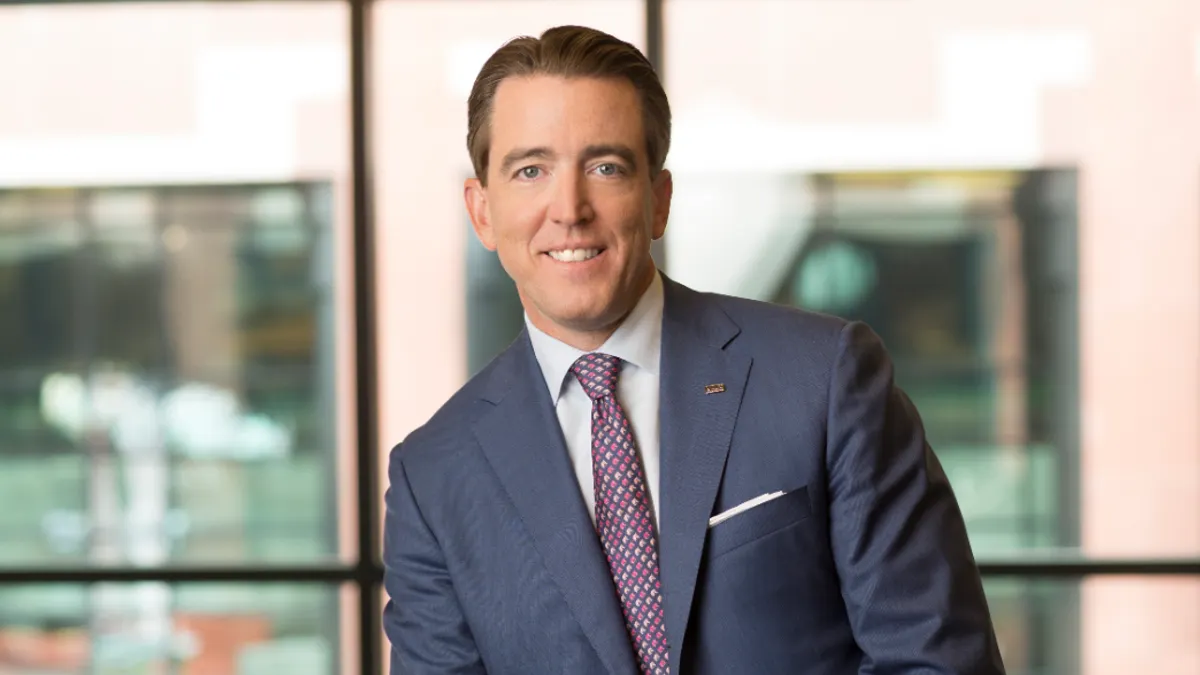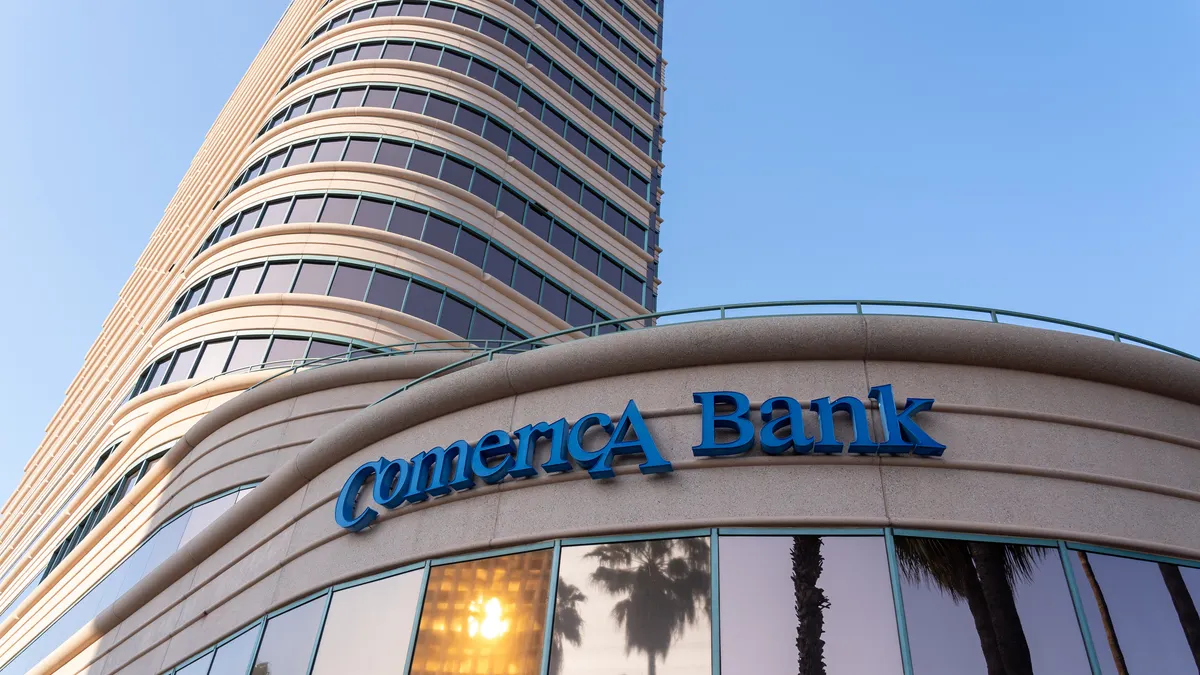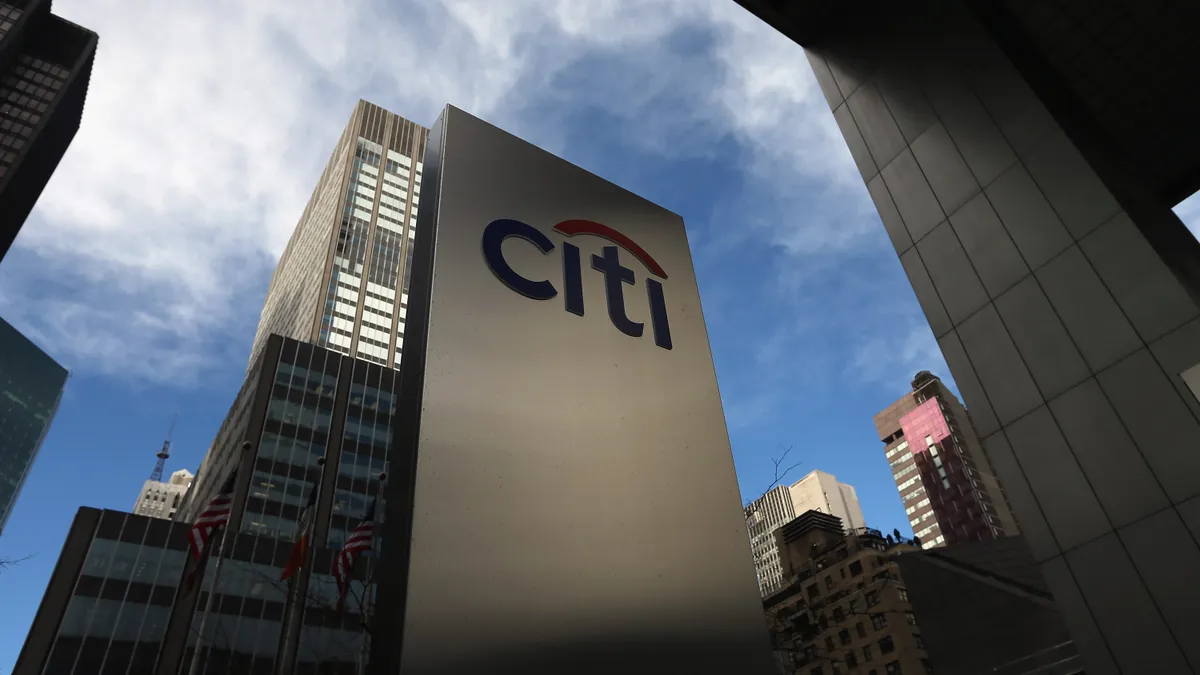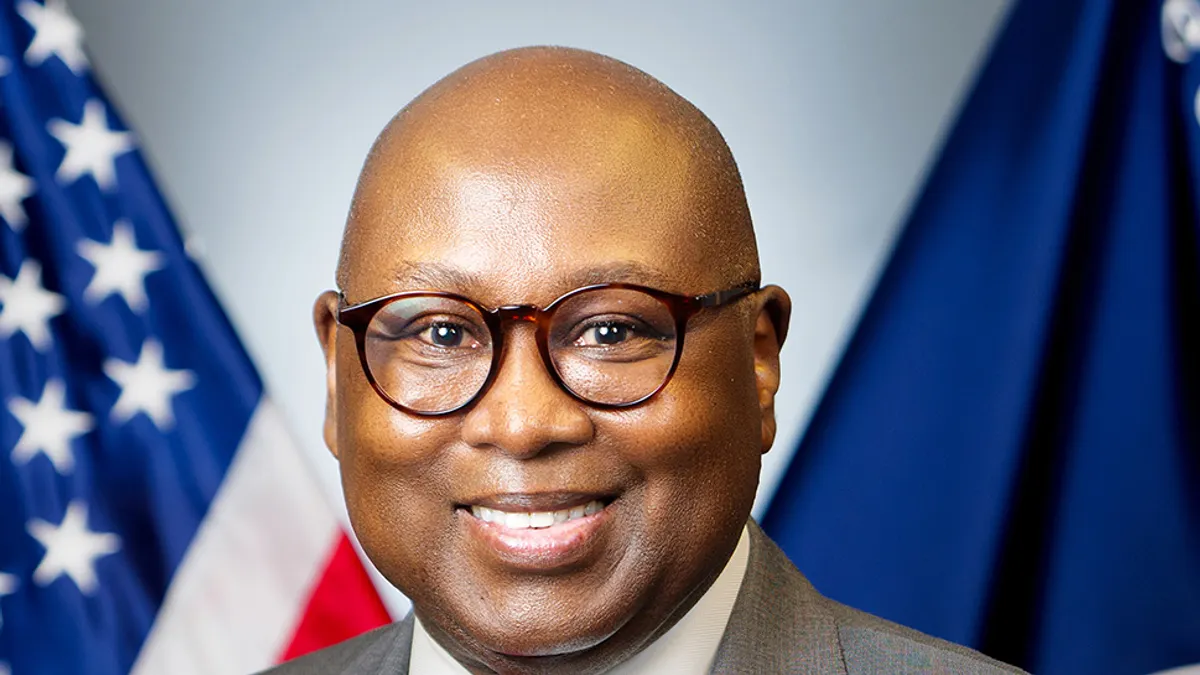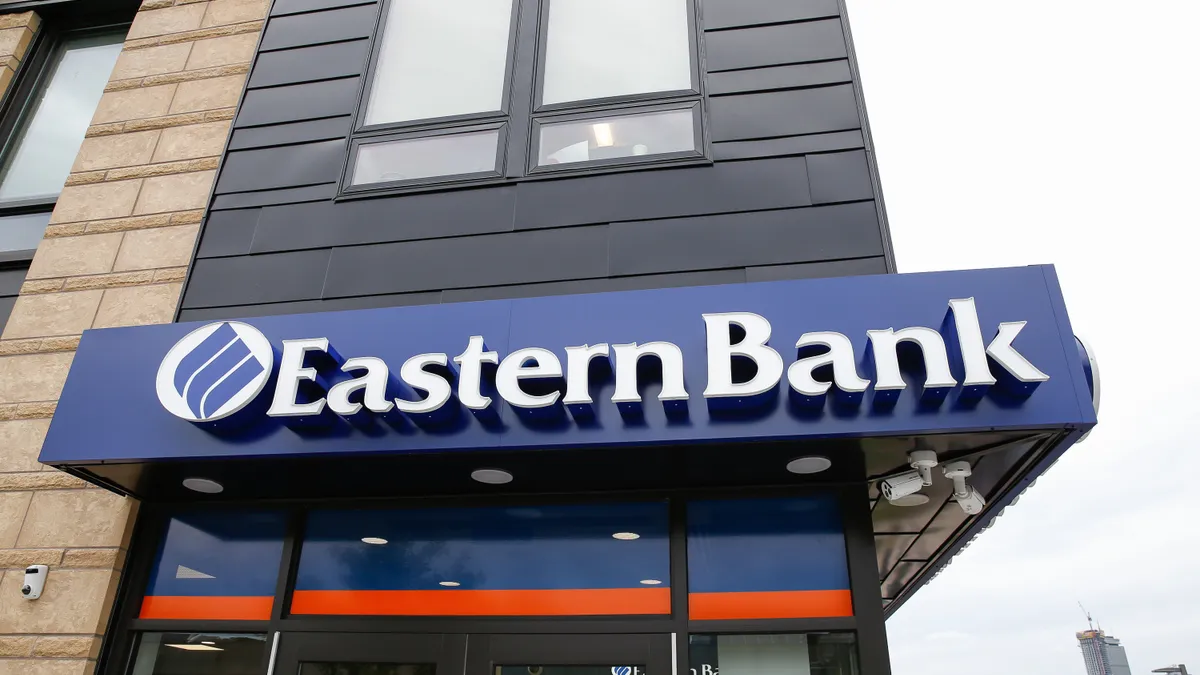Early access to paychecks and overdraft protection have long been the selling points for some low-income customers who have flocked to challenger banks in recent years.
But as consumers grow accustomed to these services commonly offered by digital banks and fintechs, incumbent financial institutions are taking notice and launching similar offerings.
"We're always looking for ways to make our customer experience better and how we can continue to add more value to the relationships with our customers," said Jimmy Stead, chief consumer banking officer at Frost Bank, which launched an overdraft grace feature last month. "As we talk to our customers, we realized we can really make an impact by giving them some grace when they come up a little bit short from time to time."
Customers who have at least $500 in direct deposits posted to their account within the past 33 days will not be charged a fee when they overdraw their checking accounts on transactions up to $100, the San Antonio-based bank said.
"When we look at our customers who use the overdraft program today, we think that this is going to help about 86% of them who, during the course of last year at some point, had an overdraft that was under $100," Stead said.
The bank began discussing the creation of the new feature last year, and was aware for some time that it was a product its customers wanted, Stead said.
"There's a story behind every one of these kinds of overdrafts," he said. "When you hear those customer stories, you understand what's going on with them. You can see how this feature can really make an impact."
Pittsburgh-based PNC also plans to launch its own overdraft product called "low cash mode" this summer. The new feature will alert customers when their balance is low. If an account is negative, low cash mode provides 24 hours of "extra time" to prevent or address overdrafts before fees are charged.
The product also lets customers prioritize payments by determining whether certain debits are processed that otherwise might result in overdrafts, "rather than the common industry practice of the bank making the decision," PNC said.
In a statement, Bill Demchak, PNC's chairman, president and CEO, acknowledged low cash mode would eliminate a consistent revenue stream for the bank — about $125 million to $150 million a year — but added he expects the feature will attract new customers.
The end of overdraft fees?
Digital banks have been marketing their overdraft products for some time. Chime's SpotMe feature covers customers who overdraw as much as $100 past the amount in their account, while Varo covers transactions up to $50 over a user's account balance.
Challenger banks often tout these features as a key differentiator from traditional banks who collect billions of dollars in overdraft fees each year.
Banks charged customers $12.4 billion in overdraft fees in 2020, the nonprofit Financial Health Network found in a study.
Lawmakers and consumer advocates have long taken aim at the overdraft fees some banks charge their customers. Sen. Cory Booker, D-NJ, introduced a bill in 2018 that would ban overdraft fees on debit card transactions and ATM withdrawals, and would limit fees placed for checks and recurring payments.
At the start of the coronavirus pandemic last year, Booker and Sen. Sherrod Brown, D-OH, introduced legislation that would bar financial institutions from charging overdraft fees until the crisis is over.
Many industry observers expect the practice will face scrutiny under the Biden administration, which has promised to reassert the Consumer Financial Protection Bureau’s power after it was muted under former President Donald Trump.
Early paycheck access
Allowing customers to access their paychecks early is another feature commonly offered by neobanks, and one that has given digital challengers an edge over incumbents amid the government’s rollout of stimulus payments over the past year.
Digital banks like Chime and Current, which regularly credit paychecks in advance, processed stimulus funds days ahead of some of the country’s largest banks, most of which waited for the checks to settle before funding customer accounts.
Last month, Fifth Third became the latest traditional bank to get in on the trend.
The Cincinnati-based bank recently launched a product called Momentum Banking, which includes free access to payroll up to two days early for customers using direct deposit.
The product "competes with the fintechs and is now our flagship mass-market banking offering," Fifth Third CEO Greg Carmichael said during the bank’s first quarter earnings call last month, according to the Cincinnati Business Journal.






